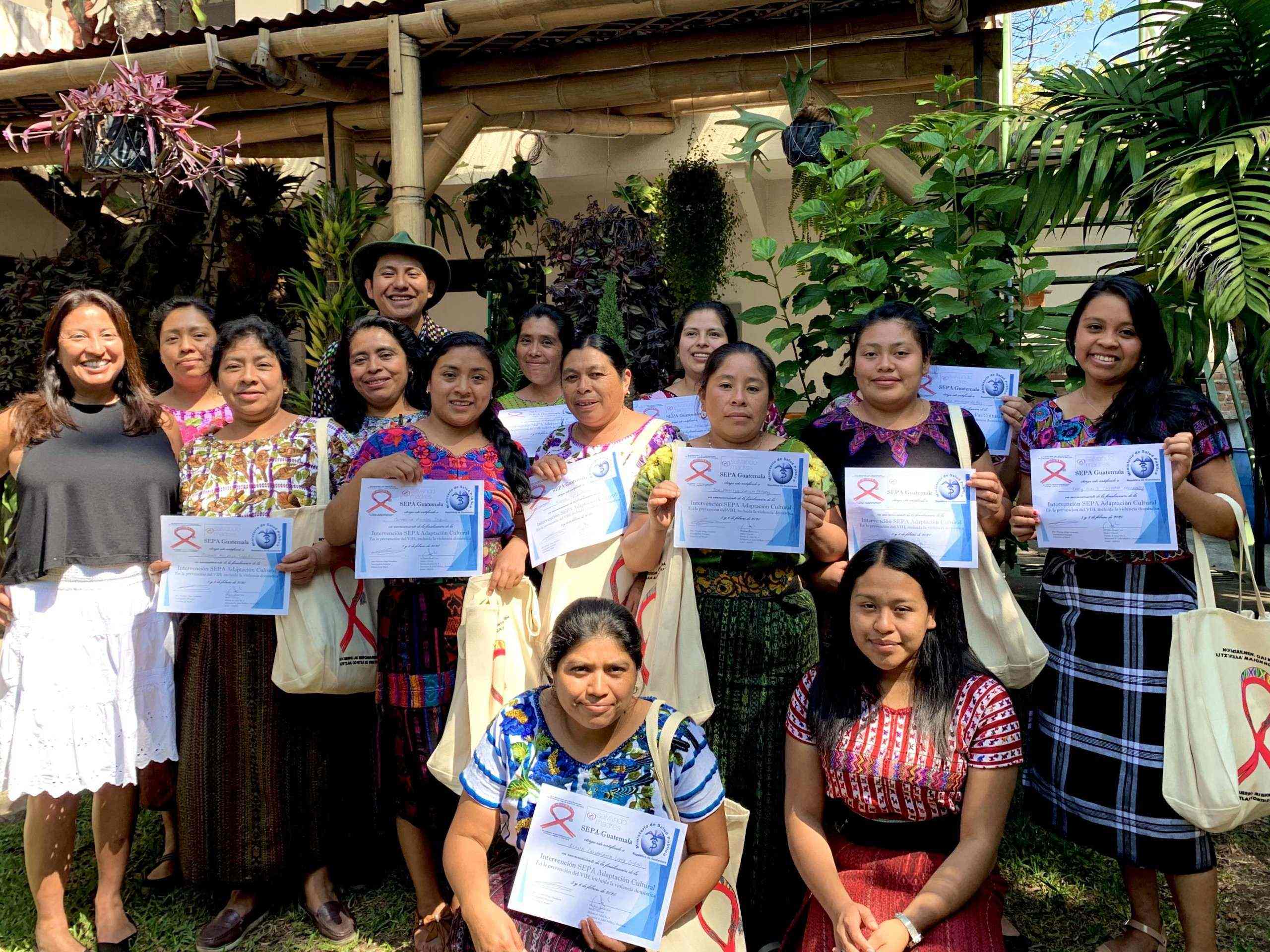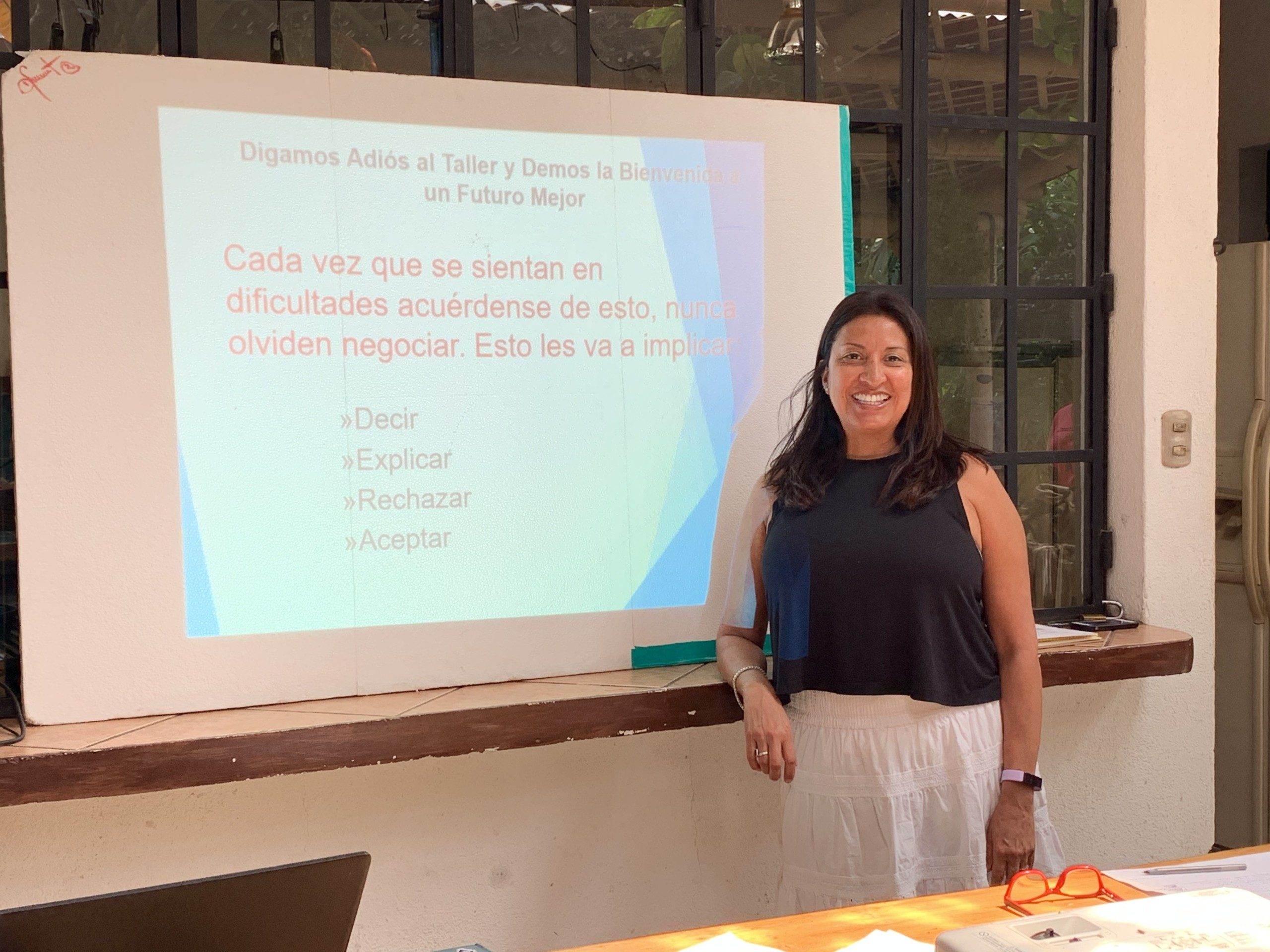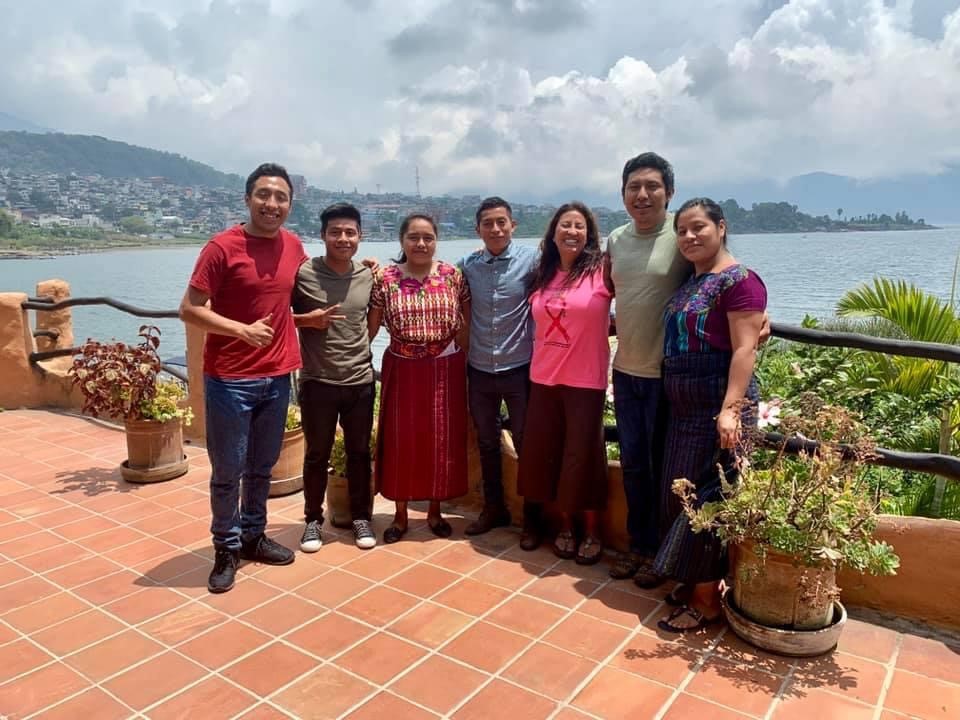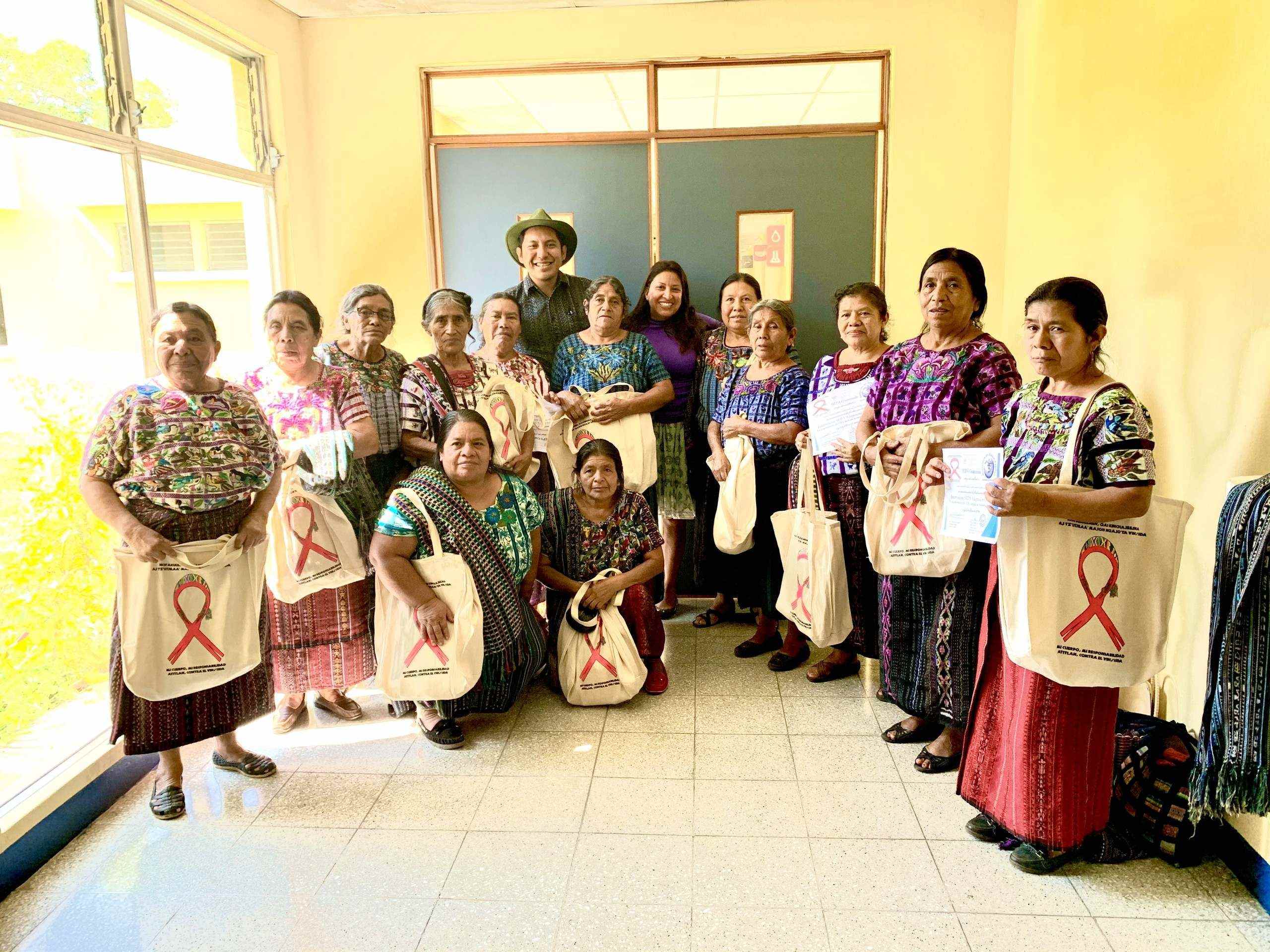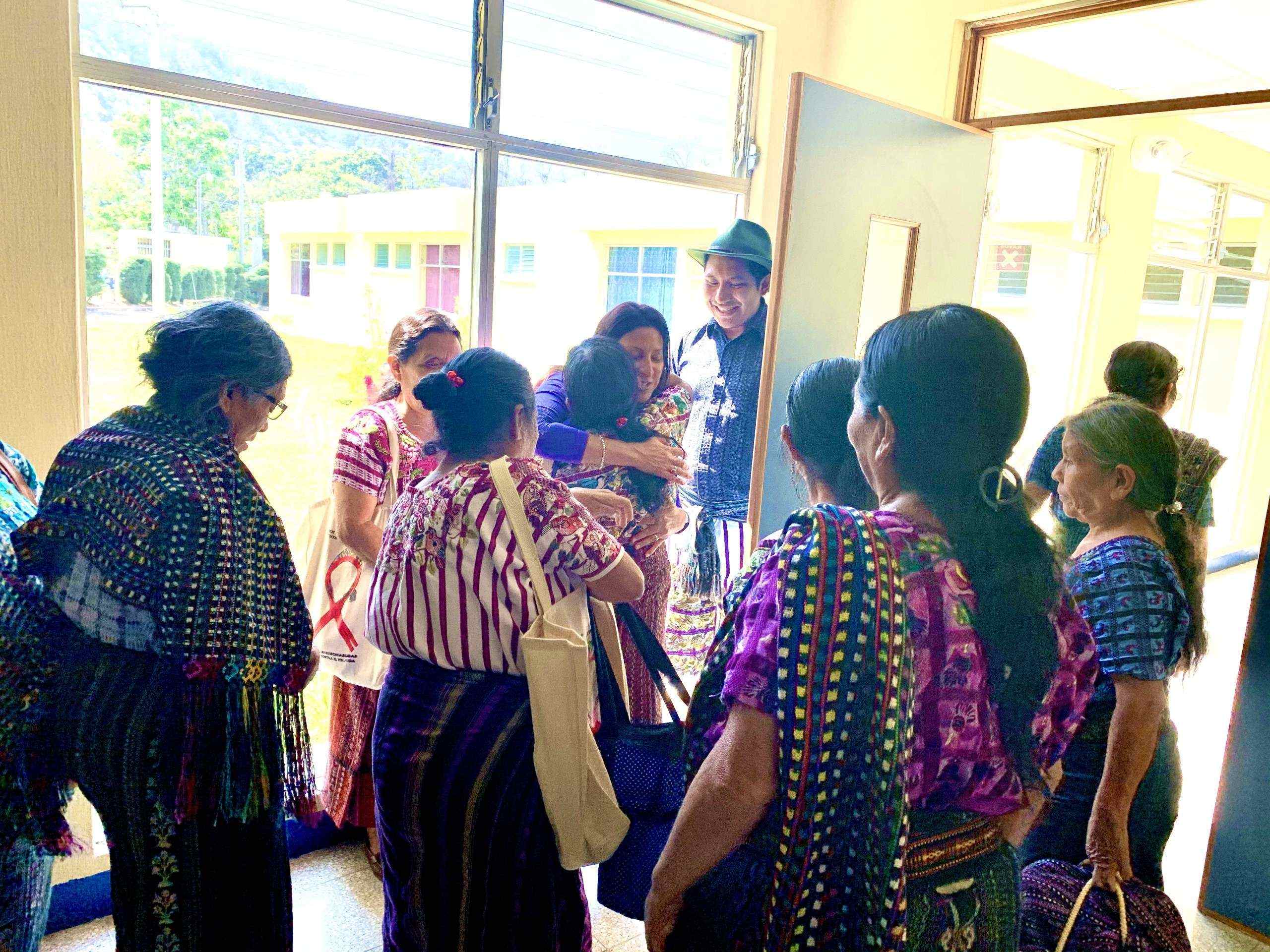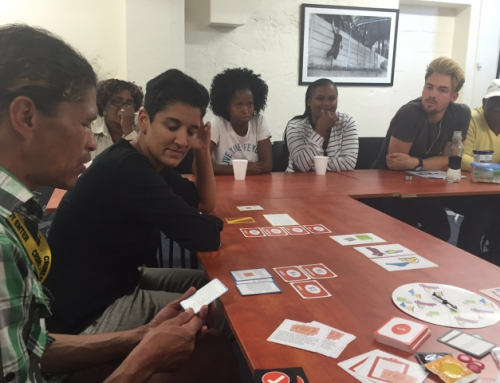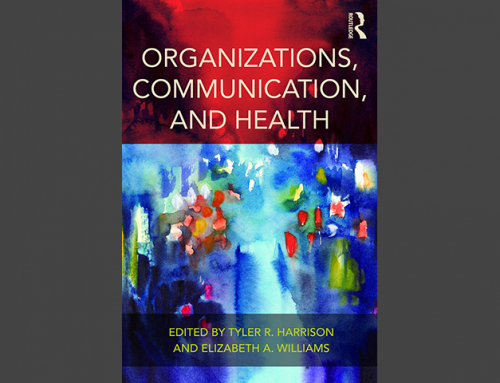Project Description
There is a clear connection between HIV and maternal health. Countries with higher HIV/AIDS prevalence rates are associated with a corresponding high rate of maternal mortality. Maternal mortality is 2 to 8 times greater in infected women when compared with non-infected women, and HIV/AIDS contributes to higher incidence of pregnancy-related complications. HIV prevention and care is an avenue toward reducing maternal mortality. Indigenous Mayans are vulnerable to HIV infection due to their underserved status. Mayan women are particularly vulnerable to HIV due to husband/partner migration status and traditional masculinity roles. An important distinction between indigenous and nonindigenous women in Guatemala is the widespread use of comadronas (traditional Mayan birth attendants) for prenatal and homebirth assistance. Present HIV prevention services are linked to family planning and reproductive health services provided by comadronas, and the potential for the broader utilization and impact of comadronas to deliver HIV prevention services has not been explored but could create a pathway to enhance reproductive health. Dr. Orrego conducted HIV prevention research in Santiago Atitlán, Guatemala. Her results suggest that SEPA (Salud/Health, Educación /Education, Prevención/Prevention, and Autocuidado/Self-Care), an evidence-based intervention program that has been effective in reducing HIV risk behaviors among Hispanic women, can be utilized to address the socio-cultural factors that perpetuate HIV risk among indigenous Mayan women. Her research proposed: 1) to culturally adapt SEPA content for this Mayan community and 2) to examine the feasibility and acceptability of the integration of SEPA into current comadrona training, including an HIV testing component.
